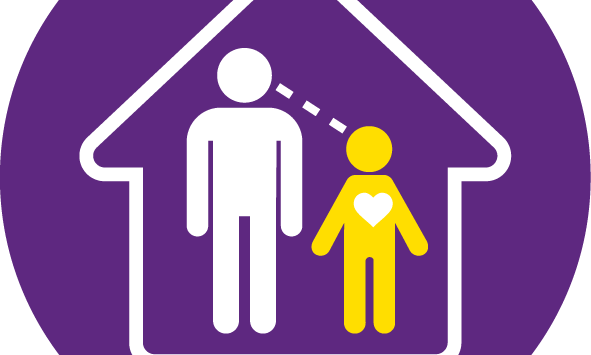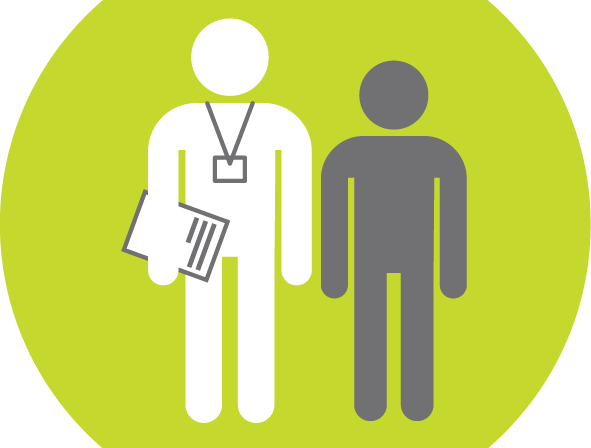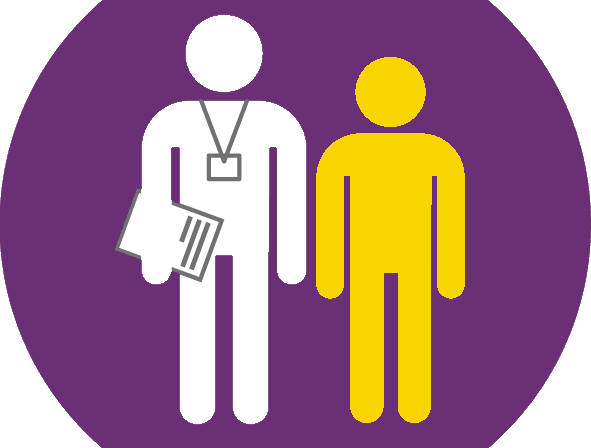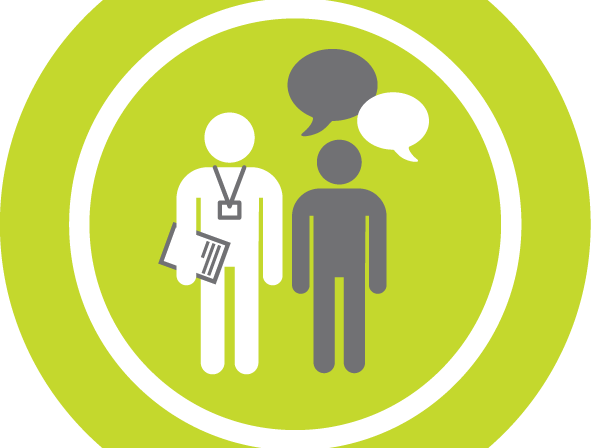Recruitment drive to attract ASYE (Assessed and Supported Year in Employment) social workers, using mentoring, virtual academy to support them as well as investing in management training.
Why?
Like in many other local authorities, only 30% of children in care (11-18yrs) reported that they had the same social worker over the past 12 months.
What did they do?
North Somerset prioritised recruitment and retention as well as recognising the talent of social workers in order to achieve greater stability for their children in care. They made sure there was a focus on recruitment for the Children Looked After team and not just for Child Protection teams. They implemented Succession planning and made an explicit commitment to grow and invest in every layer of their workforce.
They focused on over-recruiting ASYE (Assessed and Supported Year in Employment) Social workers and growing their own workforce through a focused drive to build on relationships with Local Higher Education Institutions, Step Up and Frontline.
AYSE are well supported through a virtual academy which brings them together monthly to learn as a group and undertake bespoke training, which they can then use to evidence their learning in their AYSE portfolios. Management training has been provided through the Apprenticeship Levy this supports the development of the Teams. Practice educators welcome a range of students across all teams and this underpins the learning culture and directly assists recruitment.
North Somerset also ensure all Newly Qualified Social Workers have a mentor allocated to them. When risk is identified and or becomes more complex, North Somerset may introduce an experienced consultant to support worker and hold some of the risk and provide experience and the knowledge – so less experienced worker can stay with the child or young person .
Average case loads for social workers is 16 children.
Impact
Teams are more stable and the use of agency staff has been reduced – in 2017/18 they had 39 agency workers, in 2018/19 it was only 6.
In 2020 55% of 11-18 year olds reported that they had the same worker, an increase of 25%. This was significantly higher than the local authority average of 34%. In the same period trust in social workers also increased by 11% for the same age group.
Staff feedback shows that they value opportunities to progress and the supportive working environment from both their teams and managers.




